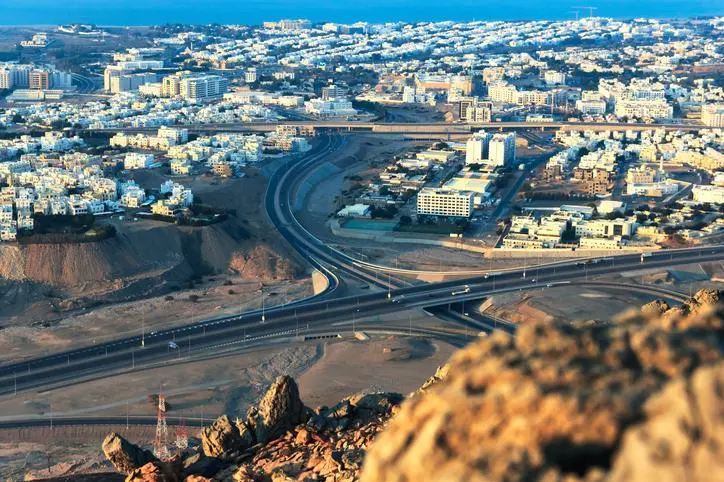PHOTO
MUSCAT: Oman’s Minister of Energy and Minerals, Eng Salim Nasser al Aufi, emphasised the Sultanate of Oman's continued commitment to producing oil and gas as long as there is a global need for these resources, but with a key distinction: the nation will adopt cleaner, more sustainable methods for their production.
Taking part in a panel discussion at the Advantage Oman Forum on Sunday, Al Aufi explained that Oman will balance its ambitious energy transition targets with a commitment to producing oil and gas in an environmentally responsible manner.
"While we are not stopping or slowing down hydrocarbon production, we will do so in a much cleaner way," Al Aufi remarked. "For instance, we have set a target to eliminate routine flaring by 2030, and we are working to reduce methane emissions in the same timeframe."
Al Aufi also shared details of Oman’s ongoing energy transition, highlighting the integration of renewable energy solutions into the oil and gas sector. As part of this effort, oil and gas companies are being encouraged to adopt renewables to power their hydrocarbon operations, transitioning away from traditional electricity sources. Solar thermal energy is also being harnessed to support enhanced oil recovery (EOR) operations in some parts of the country, he added.
Methanation—the process of converting carbon dioxide into methane through hydrogenation—is another area under active exploration. An initial pilot project will focus on using CO₂ collected from industries and combining it with hydrogen to create synthetic natural gas for potential use in LNG production, Al Aufi explained.
In his comments, Al Aufi also reaffirmed Oman’s commitment to greener mobility solutions. The country is actively pursuing hydrogen-powered and electric vehicles to reduce the carbon impact of transport within the oil and gas sector. The government is in the final stages of assessing hydrogen trucking, while electric vehicles are being introduced for short-distance travel.
Significantly, the government is also focusing on CO₂ capture and sequestration to reduce emissions from industries that are difficult to decarbonize. Through advanced projects, Oman is capturing CO₂ and storing it underground, with initial pilots showing that 60-70 per cent of the CO₂ injected stays sequestered, further advancing the country's climate goals.
These initiatives are part of Oman’s broader circular economy approach, where waste is minimized, and existing resources are re-used to create additional value. For example, gas that was once flared is now being used to generate electricity, cutting emissions while increasing efficiency across industrial operations.
"We are not just reducing waste; we are creating new economic opportunities for Oman," Al Aufi concluded, underscoring the importance of balancing economic growth with sustainability.
Also taking part in the panel discussion were Dr Abdullah al Amri, Chairman – Environment Authority, Hilmi Panigoro, President-Director – MedcoEnergi, and Luigi Di Maio, EU Special Representative for the GCC. Najla al Jamali, Chief Executive – OQ Alternative Energy, moderated the session.
2022 © All right reserved for Oman Establishment for Press, Publication and Advertising (OEPPA) Provided by SyndiGate Media Inc. (Syndigate.info).





















